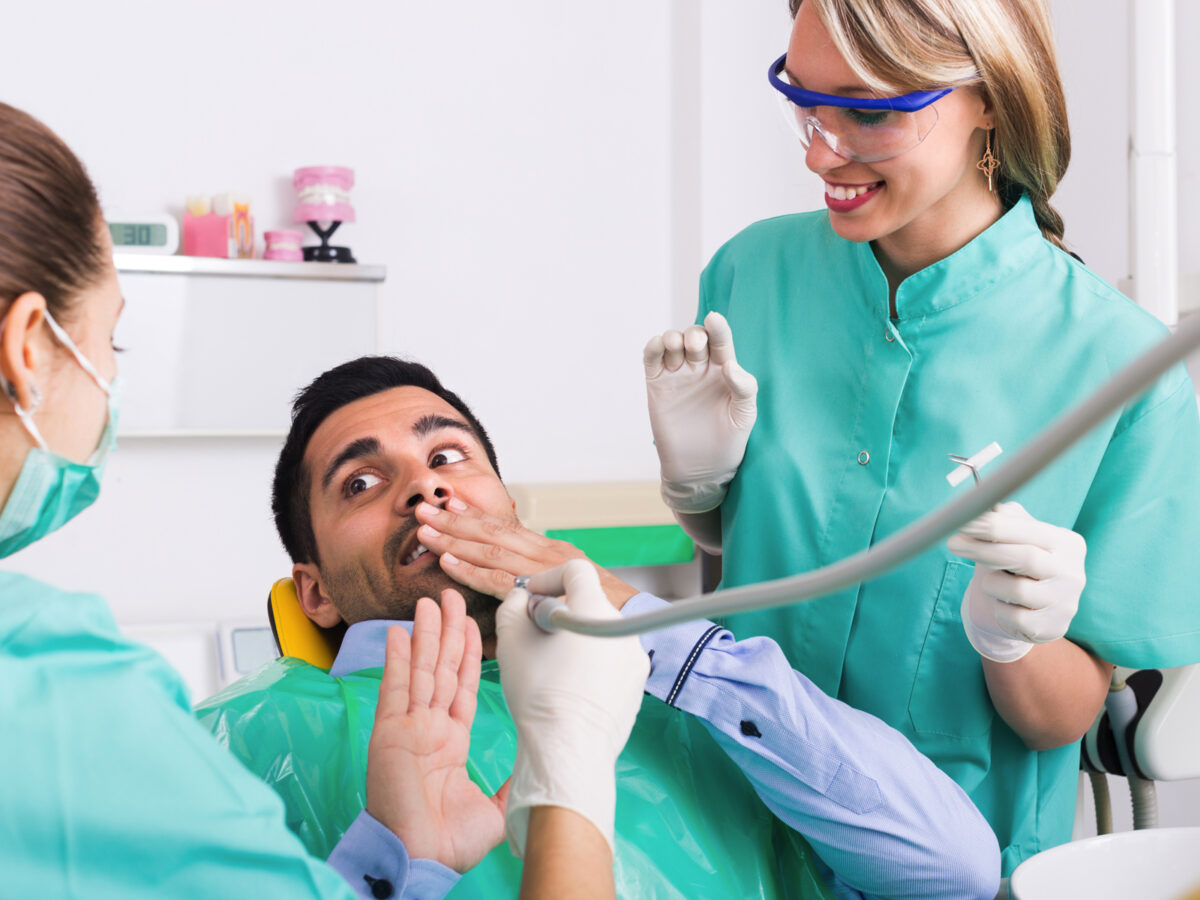Blog
Dental hygiene tips for healthy teeth & gums

How An Emergency Dentist Helps With Dental Emergencies
Dental emergencies, such as injuries to the teeth or gums, can be severe and should never be ignored. Whether you play sports, drive a car, or do any other activity, an accident can happen anytime, and so is a dental emergency. But what to do in those emergency conditions? It is essential to have an emergency contact number for such situations.
If you ignore a dental problem, it can cause permanent damage and lead to more expensive and complicated treatments later. In this blog, you will learn how a dental emergency is handled and resolved.
What is a Dental Emergency?
Dental emergencies are problems that require immediate attention. All dental problems don’t need to be emergencies. Specific injuries can become serious gum problems and lead to further damage. These severe conditions can be due to underlying conditions or accidents.
You should seek dental immediate care if the bleeding does not stop, the pain does not improve with medication, or you break a facial bone. You should call your dentist for further instructions if you experience a dental emergency.
When you need an emergency appointment after business hours, many dentists have emergency numbers. Visiting an urgent care center or an emergency room is an excellent alternative to a dentist if you don’t have one.
What Is Considered a Dental Emergency?
When you have a dental emergency, you must understand that you need professional help. Some examples of dental emergencies include:
- An excruciating toothache.
- Intensely cracked tooth.
- Knocked-out tooth.
- A partially dislodged tooth.
- Dental abscess or swelling of your face and jaw.
- Broken or lost dental restorations.
- Injury to soft tissues (such as a busted lip or deep cut).
Tips to Prevent Sports-Based Injuries and Mouth Injuries
Most sports people face a mouth injury due to a fall or sudden pact. Here is some equipment that can help prevent and minimize damage to the mouth, teeth, and head.
- Mouth guards
Wearing a mouthguard when playing sports is the best way to protect your teeth and mouth.
- Face cages
A face guard protects against trauma to the face while playing certain sports positions, such as baseball catcher or hockey goalkeeper.
- Helmets
Wearing a helmet designed for your activity is always a good idea. Concussions are preventable with a helmet that protects the head instead of teeth and mouth.
Emergency Room Procedure In Dental Emergency
In an emergency room, you are prescribed antibiotics or pain relievers to relieve pain and swelling. They do not perform fillings and crowns. The emergency room only treats the intense pain, bleeding, or discomfort you suffer. Other technical and detailed treatments will be completed later by the dentist.
You must still see your dentist after receiving Immediate Care in the ER. A dental injury becomes an emergency if uncontrolled bleeding, excess pain, or discomfort is present. It can be a result of an accident, fall, or due to underlying disease. After ER, your dentist will examine the cause of the issue and resolve it to prevent future such situations.
Final Overview
In a dental emergency, bleeding, severe pain, or a broken facial bone occurs in the mouth. If they are left untreated, a dental emergency can lead to even further issues.
Some situations aren’t dental emergencies. A mild toothache or a broken brace requires no immediate emergency room visit. However, the emergency will include the spread of infection, tooth mobility, and tooth loss.
Hence, estimating your conditions and timely treatment can help you get effective treatment and help you heal to make the situation better.


